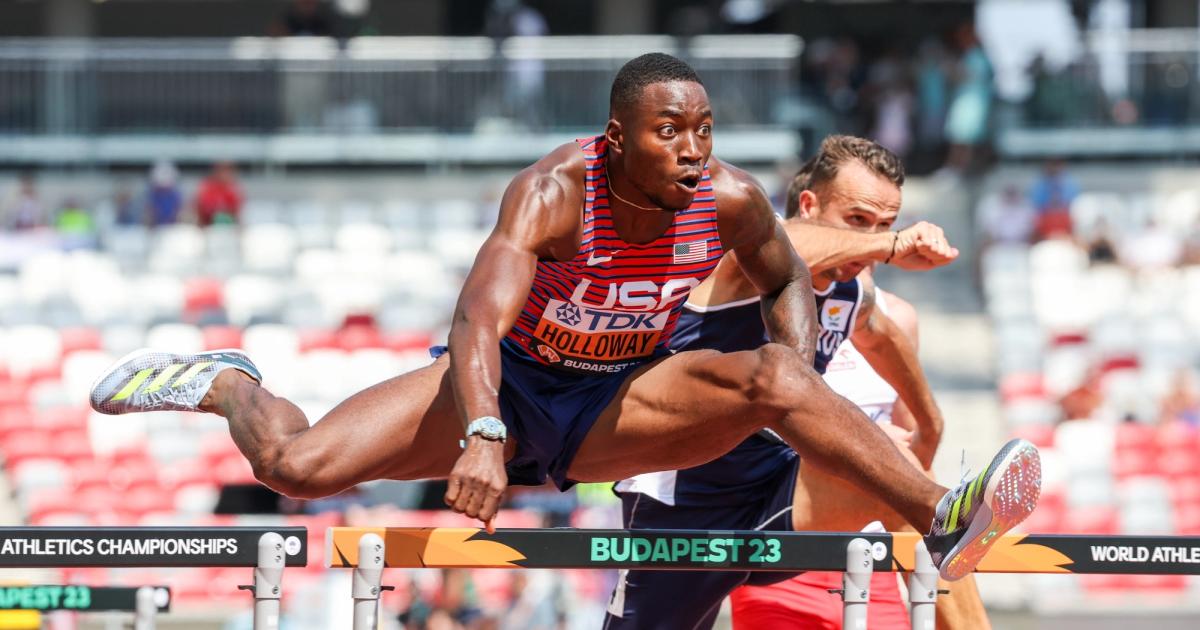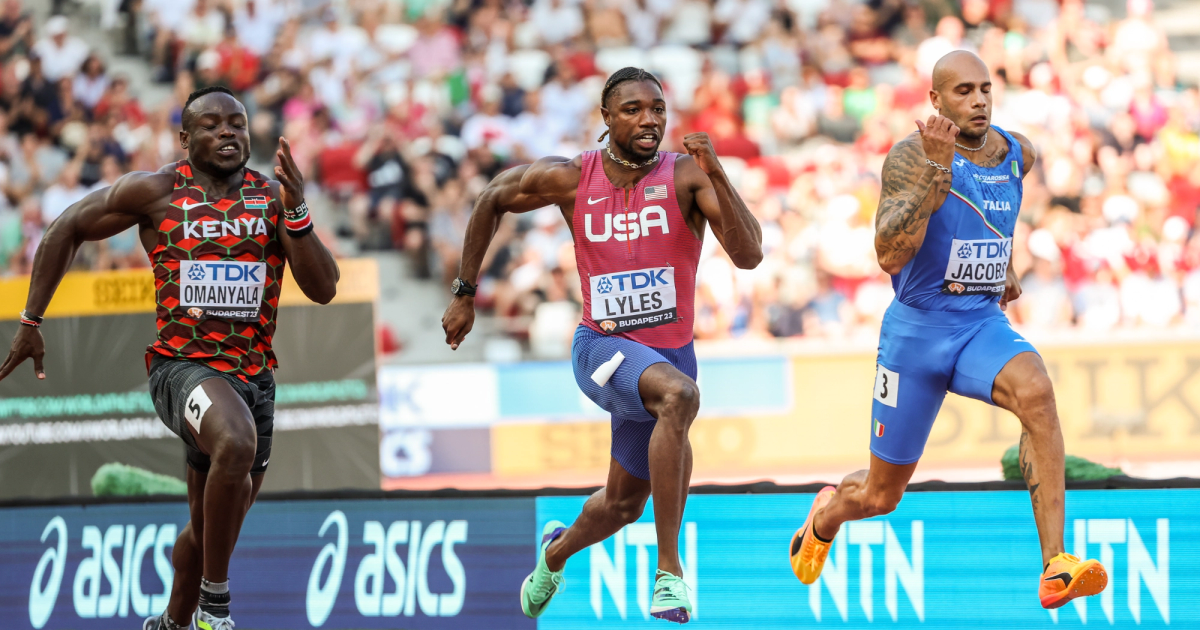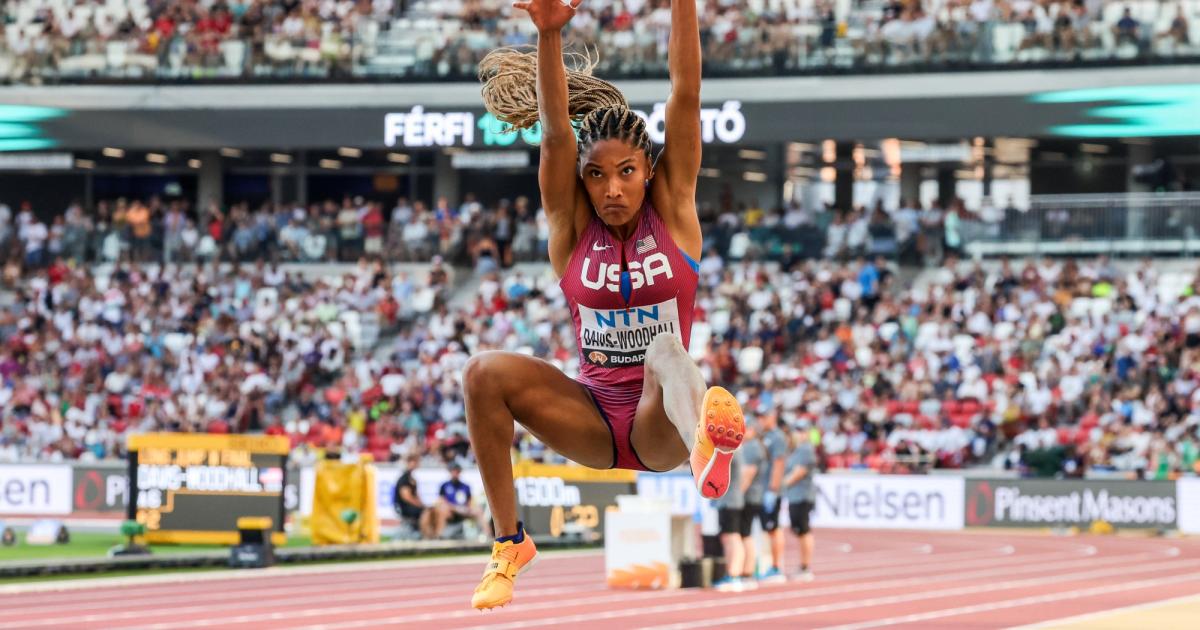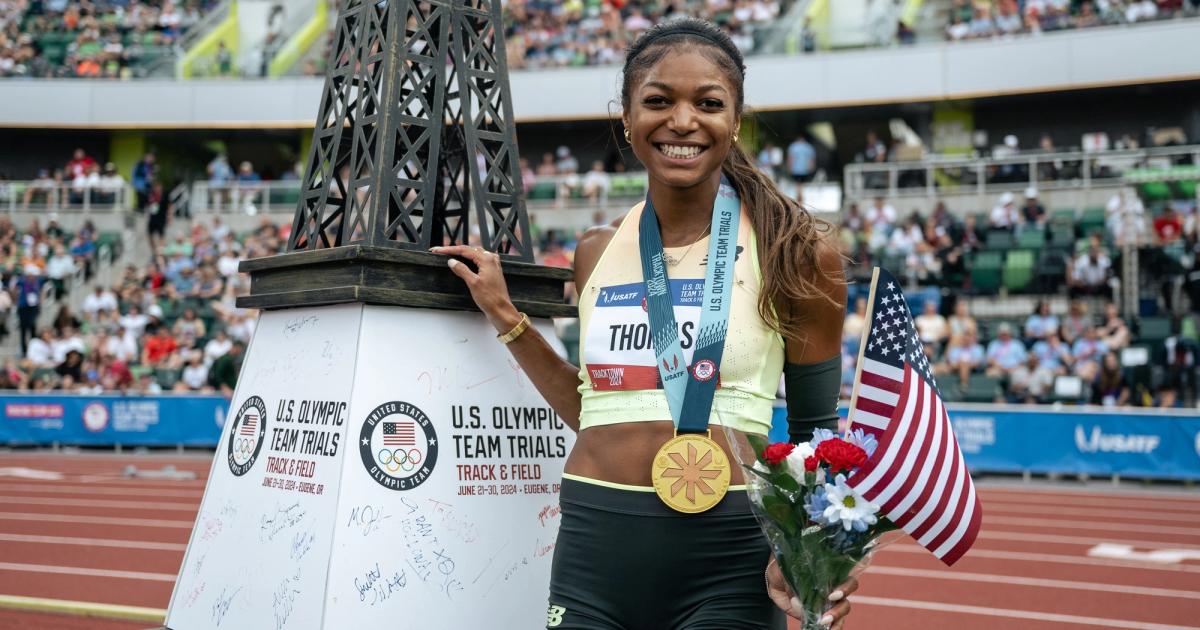By Audrey Allen
July 30, 2024
The purple surface at Stade de France isn’t the only thing new to track and field at the Olympics this year: so is the introduction of a new system to determine which athletes line up for the semifinals. Say goodbye to the “little q’s” of first-round time qualifications and hello, repechage!
What is a repechage round and how does it work?
In short, the repechage provides athletes who don’t automatically qualify for the semifinals (based on placement in first-round heats) a second chance, and a second race, to make it on to the next round. While the prestige of earning a “Big Q” remains the same, instead of pooling together the next fastest times to fill out the rest of the semifinal start list, all athletes without an automatic qualifier next to their name will lace up again for a repechage round.
Events with a repechage will now have four rounds: heats, repechage, semifinals and the final. The repechage only applies to the first round of races, and the semifinals use the same system as before (a blend of automatic and time qualifiers).
Which events will utilize the repechage round?
Repechage rounds will be introduced for all individual track events between the 200m and the 1500m, including the hurdle events. The complete list is as follows:
– 100m Hurdles (Women)
– 110m Hurdles (Men)
– 200m (Men + Women)
– 400m (Men + Women)
– 400m Hurdles (Men + Women)
– 800m (Men + Women)
– 1500m (Men + Women)
Given that the 100m already has four races on the schedule with a preliminary round before the heats, a repechage will not be added to this event. Additionally, a repechage will not be implemented in distance events due to the increased need for athletes to recover between rounds.
How many people will advance out of each repechage round?
Athletes who DNS, DNF or are DQ'ed in Round 1, will not compete in the repechage round. Six athletes will advance out of the repechage round.
Here is how they will be determined by each event:
200/400/800m
30 athletes will compete in four heats heats with the top finisher from each heat + next two fastest advancing to the semifinals.
1500m
27 athletes will compete in two heats with the top three finishers from each heat advancing to the semifinals.
100m Hurdles/110m Hurdles/400m Hurdles
22 athletes will compete in three heats with the top two finishers from each heat advancing to the semifinals.
What are the pros and cons of the repechage round?
CITIUS MAG’s Anderson Emerole broke down everything you need to know about the repechage on The Final Leg podcast.
Pros:
– Every athlete in a repechage-approved event will compete in at least two races on the Olympic stage.
– This could potentially create an unprecedented repechage-to-podium comeback; good for the storylines!
– There are 12 more races for track and field fanatics like us to watch (and it could make the first round even more strategic and tactical).
Cons:
– While the repechage provides athletes with another opportunity to qualify for the semifinal, it adds more wear and tear on their bodies (and minds) after competing in one more race than their semifinal counterparts.
– It potentially devalues the first round given that athletes can still advance to the semifinal without being in peak condition on the initial day of races.
When are the repechage rounds?
With an unprecedented second chance to toe the line for the semifinal at the Olympics, one might argue that the athletes have little to lose and a lot to gain. This could set the stage for some historically entertaining and highly dramatic performances. For whatever the repechage has in store, be sure to tune in (mainly during the morning sessions) at the following dates and times:
Saturday, August 3
Morning session: 11:10 a.m. (5:10 a.m. ET) | Women’s 800m Repechage Round
Evening session: 7:15 p.m. (1:15 p.m. ET) | Men’s 1500m Repechage Round
Monday, August 5:
Morning session: 10:50 a.m. (4:50 a.m. ET) | Women’s 400m Hurdles Repechage Round
Morning session: 11:20 a.m. (5:20 a.m. ET) | Men’s 400m Repechage Round
Morning session: 12:50 p.m. (6:50 a.m. ET) | Women’s 200m Repechage Round
Tuesday, August 6:
Morning session: 10:50 a.m. (4:50 a.m. ET) | Men’s 110m Hurdles Repechage Round
Morning session: 11:20 a.m. (5:20 a.m. ET) | Women’s 400m Repechage Round
Morning session: 12:00 p.m. (6:00 a.m. ET) | Men’s 400m Hurdles Repechage Round
Morning session: 12:30 p.m. (6:30 a.m. ET) | Men’s 200m Repechage Round
Wednesday, August 7:
Morning session: 12:45 p.m. (6:45 a.m. ET) | Women’s 1500m Repechage Round
Thursday, August 8:
Morning session: 10:35 a.m. (4:35 a.m. ET) | Women’s 100m Hurdles Repechage Round
Morning session: 12:00 p.m. (6:00 a.m. ET) | Men’s 800m Repechage Round
The full breakdown of the schedule of events can be viewed here.
TL;DR
Repechage rounds are new to track and field at the Olympics this year and create a more nuanced (and entertaining) way to replace time qualifiers for semifinals in all track events from the 200m to the 1500m.
Follow along with all the Olympics action on the CITIUS MAG Instagram, Twitter/X, YouTube, and the CITIUS MAG Podcast, and don’t forget to subscribe to the CITIUS MAG newsletter for daily updates from Paris.
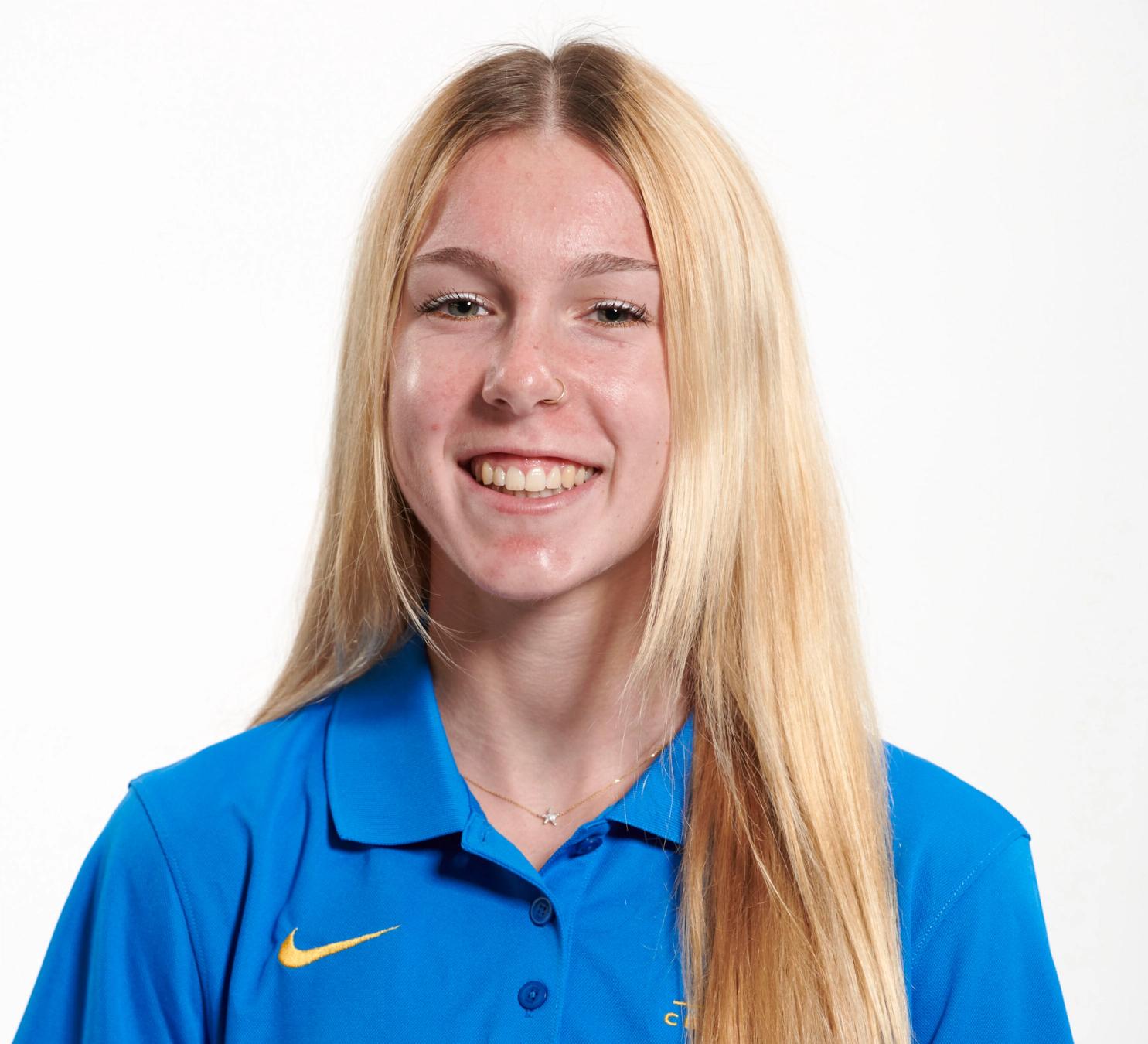
Audrey Allen
Audrey is a student-athlete at UCLA (Go Bruins!) studying Communications with minors in Professional Writing and Entrepreneurship. When she’s not spiking up for cross country and track, she loves being involved with the media side of the sport. You’ll often find her taking photos from the sidelines or designing graphics on her laptop.
